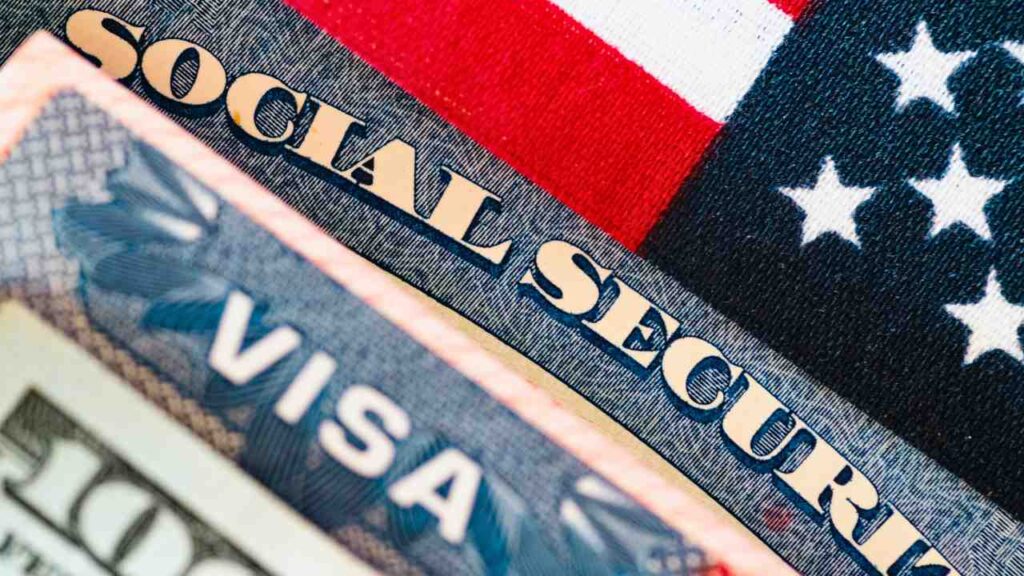The July Supplemental Security Income payment was issued on the first day of the month. Therefore, most recipients have already received the money from the SSI program in the United States. However, it is sometimes possible to receive your direct deposit a little bit later because of banks and financial institutions’ processing times.
In fact, the Social Security Administration reminds SSI recipients to wait for 3 mailing days to get their payment before they report a late or missing payment. In August, there will be two completely different paydays for Supplemental Security. Actually, you could even collect both of them because you just need to remain eligible if you have already qualified and received SSA’s approval.
When will the 2 SSI payments be deposited in August?
The first Supplemental Security Income payment will be distributed on August 1. Therefore, there will be no changes with respect to the normal payday for this Federal program.
But the thing is the Social Security Administration has had to make an important change regarding the SSI payment on September 1, 2025. Instead of issuing it on September 1, it will be delivered on August 29, 2025.
As a matter of fact, it is not the first time this has happened in 2025, and it will not be the last one. For example, the June payment was delivered on May 30. In December, all SSI recipients will collect their monthly payment from the Federal Government on December 31, 2025, instead of January 2026.
For your information, this is the only change in August for the Supplemental Security Income. Nevertheless, there will be an important change for Social Security recipients (RSDI retirement, survivors, or Disability Insurance).
SSI will be paid on the same day as a Social Security payment
Not only will SSI recipients get two direct deposits in August, but they may also receive another payment on August 1 if they qualify for Social Security at the same time.
To get Social Security on August 1 (normal payday would be on the third), you must have started collecting retirement, survivors, or SSDI benefits before May 1997, or be collecting both SSI and Social Security.
As for the maximum amounts, you could get $1,450 if you are married and collect the full amount without reductions. A single person on Supplemental Security Income can receive up to $967.
Social Security can also pay retirees about $2,002 on average. If you are a Disability Insurance recipient, the average payment for this group of beneficiaries is $1,581.
Some Americans with limited income and resources may not be collecting Supplemental Security. Since it is possible to apply for benefits all year round, check if you can collect them and if you meet all the conditions. One of these is a must: having a disability, being blind, or being at least 65 years old.
